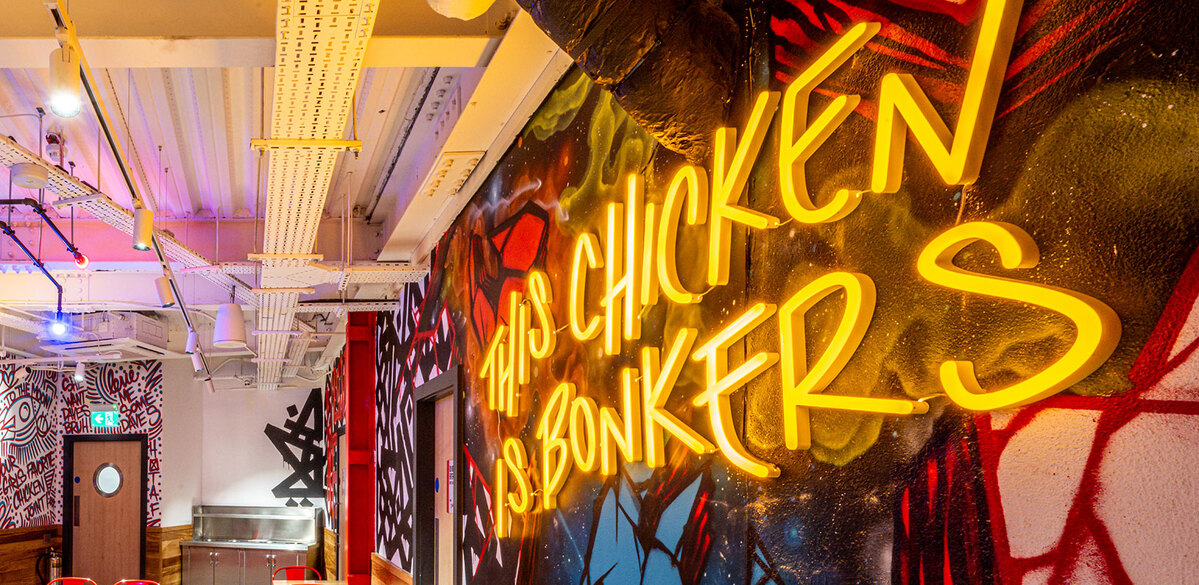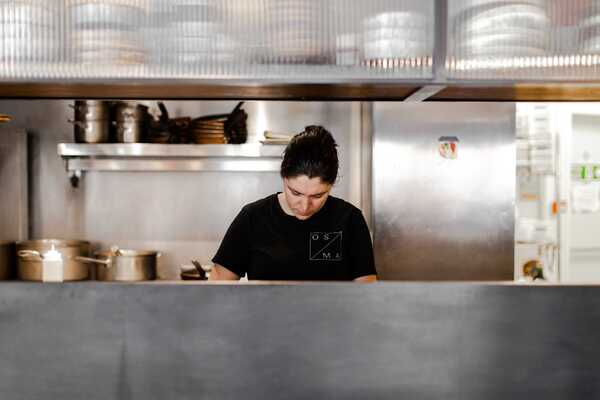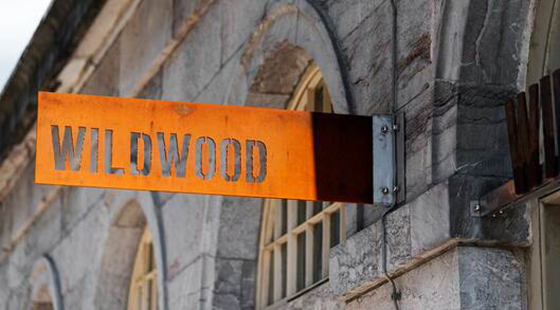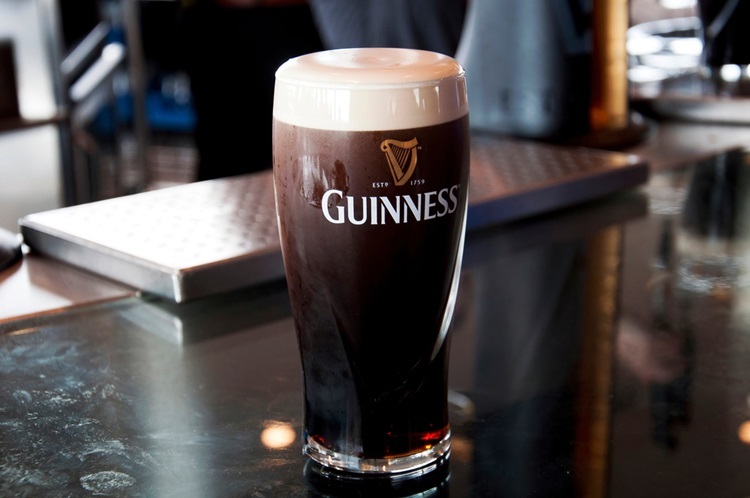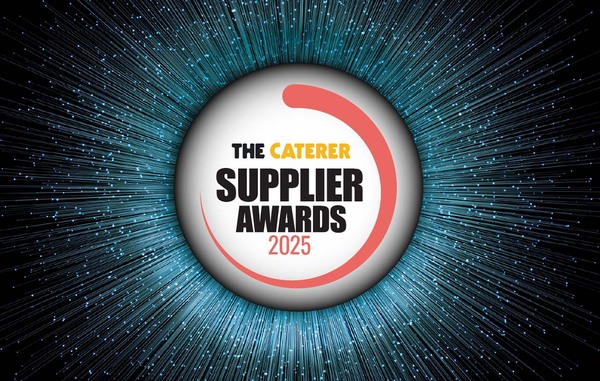What you might have missed on The Caterer this week
This week The Caterer got some marketing tips from Dave’s Hot Chicken, discovered Itsu’s new catering model and learned how inclusivity equals profitability
Winging it
We kicked off this week with a look at the Dave’s Hot Chicken brand and how it has made its menu of super-hot wings, burgers and fries stand out from a flock of other restaurants with a similar offer. Keyana Mohammadi, head of marketing at the brand, offered her advice on how to go viral, which centred upon really knowing your customer.
Dave’s knew it would attract a Gen Z audience and so everything is themed towards them: its leaning towards TikTok rather than Instagram, knowing that Gen Z were vocal on social media, and using that audience’s influence, however small, to incrementally build the hype, and being inclusive in its menu, knowing that a percentage of its diners would want halal chicken.
Some rather less attainable tips included bagging a celeb for promotion (Drake, in Dave’s case), and cultivating a strong, unmistakeable look on-site – Dave’s flew in graffiti artists from Los Angeles to do its interior decoration. The campaign has worked, with die-hard fans travelling hundreds of miles for a hot wing and one even committing to chicken for life by getting tattooed with the brand’s logo.
Mister rice guy

We took a look at another quick-service brand, Itsu, which was expanding into catering. Neil Miller, chief customer officer, said that the sushi supplier had considered carefully which organisations it wanted as customers and decided that the healthy angle was the way forward, selling its sushi platters to Arsenal football ground via Delaware North and the Wimbledon Championship team (although In the latter, staff simply walked into an Itsu shop and asked for a contract).
Itsu has the advantage of its broths and dumplings being present in supermarkets too, so brand perception from one aspect of its market feeds the others. However, Miller was proud to point out that Itsu may be slightly different from its peers in that it doesn’t provide the sushi for catering from a factory or dark kitchen, instead incorporating orders to the regular production of its nearby branches.
Service superstars

Olajide Alabi of recruitment firm Sisu defined true hospitality for us with the words of Maya Angelou: “People will forget what you said, people will forget what you did, but people will never forget how you made them feel”.
He, as a "large, Black, gay man", who had felt uncomfortable in hospitality establishments in the past, asked that companies make their spces somewhere people feel they can truly be themselves, with staff who look beyond their customers as someone to process through the books to see real people. This type of genuine attitude translates into two things: staff who will sing the praises of the business, and the creation of somewhere people are happy to spend their money: another definition of great hospitality.
The Cateys 2025 have launched! It’s time to make your nominations here
Want to read more? Subscribe to The Caterer
Get a daily update from the industry and join our Whatsapp group
Make sure you never miss news from The Caterer and sign up to our newsletter



